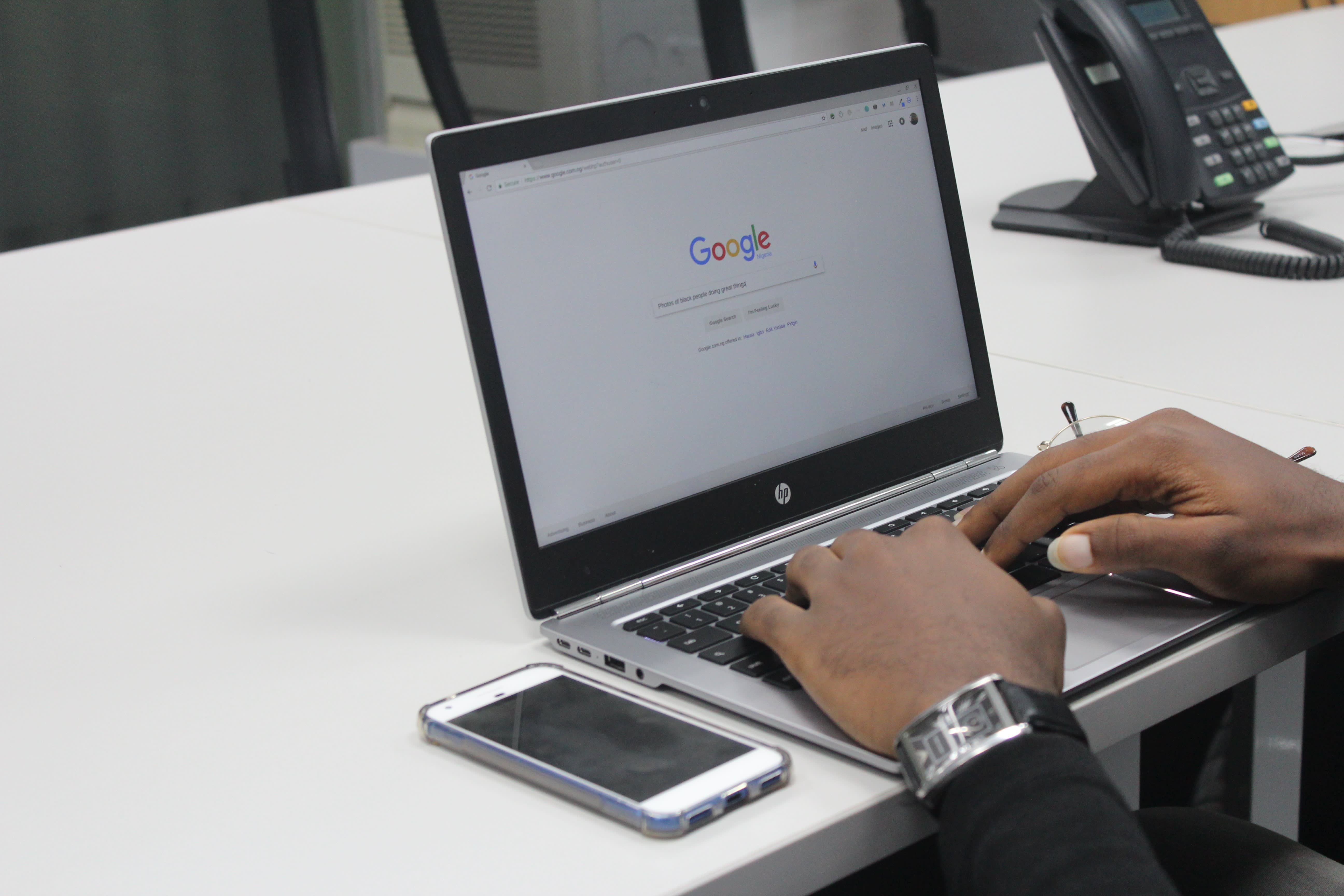Guide to Studying in Belgium for International Students
Angelina
Updated on Feb 27 • 7 minute readWith it's vibrant cultural life, internationality and affordable world-class education, it's no wonder more than 52,100 students have chosen to study in Belgium.
In this guide we'll cover:
- the pros and cons of studying in Belgium
- the Belgian higher education system
- the requirements to study in Belgium for international students
- the university fees and living costs in Belgium for international students
- Belgian scholarships
Is studying in Belgium a good idea?

Studying in Belgium is going to be an amazing experience for international students for several reasons:
- you can easily travel during term time and holidays. Use public transport for day trips to Ghent, Bruges, Antwerp, etc. Or travel to neighbouring countries such as Germany or the Netherlands.
- you’ll get to learn and master multiple languages because Belgium is famous for its multilingual residents who speak Dutch, French, German, and many local dialects.
- you’ll be surrounded by internationals, both on and off campus, especially if you’re studying in the capital city Brussels.
- education in Belgium is affordable and top-notch.
- you’ll have unlimited access to Belgium’s world-famous beers, fries, and waffles. Need we say more?!
- each Belgian city is uniquely different, from modern Antwerp to historically charming Bruges.
- it’s the land of festivals! From Tomorrowland to Rock Werchter, you can enjoy yourself a lot with your new friends.
While these things are exciting, you should also consider the reality of studying in Belgium as an international student. For instance:
- the cost of living in Belgium is typically high, but as a student, you can get student jobs and discounts on health insurance, public transport, and scholarships to offset the costs.
- getting a job after graduation is hard for international graduates as you’ll often need to know multiple languages, if not for work, then for socialising with colleagues.
- the Belgian work visa applications can be tough, especially as companies need to prove you’re highly skilled or that your skills are worth more than that of a local candidate.
- you’ll find that there’re more Master's degrees than Bachelor's degrees taught in English.
- the weather is often grey and rainy. But when it's sunny, you’ll be charmed by how much people enjoy the sun on the terraces.
Now that you know this, let’s answer your burning questions about studying in Belgium.
Can I study in Belgium in English?
Yes! Belgium is a very international country, offering over 70 English-taught bachelors and more than 350 English-taught master's programs.
Indeed, there’re considerably more opportunities to pursue a postgraduate degree in English in Belgium than an undergraduate degree. Also, usually, you’ll find more options for English-taught academic bachelors at universities than professional-oriented bachelors at university colleges.
Best English-taught programs in Belgium are found at:
- KU Leuven
- Ghent University
- Université Catholique de Louvain
- Université Libre de Bruxelles
- Vrije Universiteit Brussel (VUB)
- University of Antwerp
- Hasselt University
- Université de Liège
“”
If you want to explore other universities across Belgium, you’ll find them spread across the Flanders, Brussels, and Wallonia regions.
Flemish higher education consists of 18 public institutions in Flanders and Brussels, 5 of which are universities and 13 are university colleges (hogescholen), which also offer art programs.
Higher education institutions of Wallonia and French-speaking Brussels universities consist of 40 educational institutions, including 6 universities, 18 university colleges (Hautes Ecoles) and 16 schools of arts (Ecoles superieures des Arts).
What is the Belgium education system like?

The Belgian higher education system is divided into:
- Academic university education
- Profession-oriented education
University education involves a high level of research and theoretical knowledge whereas profession-oriented colleges mix theory and hands-on experience through compulsory projects and internships.
Doing a Bachelor’s at a profession-oriented college in Belgium will prepare you for the labour market. If you plan to continue with a Master’s degree after this, you’ll need to complete an intensive year of a ‘bridge programme’.
Some Master’s degrees require you to have a corresponding academic bachelor's degree, so check the course requirements to see if you can apply.
Course duration
“Most Bachelor's degrees are 3 – 4 years and Master's degrees are 1 – 3 years.
”
Typically, each academic year consists of 60 credits (ECTS) and you'll need to obtain about 60% of them to pass. As a rule, these 60 credits translate into 1,500 - 1,800 hours of studies. In other words, 1 credit = 30 hours of learning activities, which can be your lectures, personal work, internship, etc.
Academic year in Belgium
An academic year in Belgium consists of 2 semesters, and each of them ends with an exam period. Most of the studies begin in the second half of September and end in June, followed by the summer break. But if you fail some of your tests, you might've your retake period in August and September. So, if you want to lay back and enjoy your whole summer, make sure you pass your tests!

© Retrieved from https://www.kuleuven.be/english/life-at-ku-leuven/higher-education-in-belgium
Grading system in Belgium
The academic grading in Belgium is based on a 0-20 scale. However, some universities follow their own grading system, which is especially common in Flanders.
| English | French community grading system | Flemish community grading system |
|---|---|---|
| Excellent | Plus grande distinction (17.50 – 20) | Grootste onderscheiding (16,50-20) |
| Very good | Grande distinction (15.50 – 17.50) | Grote onderscheiding (15-20) |
| Sufficient | Satisfaction (12 – 13.50) | Voldoening (at least 10 out of 20) |
| Failure | Ajourné (below 10) | Niet geslaagd (below 10) |
Requirements to study in Belgium for international students

Getting into Belgian universities is usually not competitive as you often just need to graduate from high school to gain admission. But if you’re pursuing degrees such as medicine, veterinary sciences, or dentistry, you’ll need to take additional admission exams.
Common application requirements to study in Belgium include:
- high-school, bachelor’s, or master’s diploma
- academic transcript or grades
- proof of English, French or Dutch language proficiency
- copy of your passport or national ID card
- motivation letter
- CV
- proof of financial support (if required)
- letters of recommendation (if required)
- certificate such as GMAT, SAT, GRE, AP Calculus AB and/or SOWISO OMPT-A/-D (if required)
All the official documents must be translated by a sworn translator in English, Dutch, or French (depending on the requirements of your university) and authenticated.
Proof of English proficiency
English proficiency requirements will vary according to the university and program you choose. The most common requirements to prove your level of English proficiency are:
- TOEFL Certificate, with a score of at least 80
- IELTS Certificate, with a score of at least 6.5
- Cambridge First Certificate
Foreign diploma recognition
Sometimes higher educational institutions in Belgium require foreign diplomas to be officially recognised. If that's the case with your university, you must submit your application for a recognition certificate to ENIC/NARIC in the region you’re going to study in:
Now that you know how to study in Belgium, let’s get into the practical details.
Is Belgium cheap for international students?

Yes, studying in Belgium is pretty affordable, especially if you compare it to the US, Canada or the UK. Let’s take a closer look at Belgian tuition fees for international students and student living expenses.
Tuition fees
The tuition fees at Belgian universities differ across the French and Dutch-speaking regions.
“Tuition fees in Flemish universities are calculated based on the number of study credits booked per academic year.
”
Typically, tuition fees are calculated based on 60 points per year.
Tuition fees at Belgian universities in the Flanders region in 2022-2023 are:
- Belgian and EEA students: €979.60/year
- non-EEA students: €979.60 – €8,000 (depending on your program)
“Wallonian and French-speaking universities in Brussels set their tuition fees according to the Academy of Research and Higher Education (ARES).
”
Typically, EEA students pay a set fee, while the amount non-EEA students pay depends on their nationality.
Here’re the average tuition fees at a French university in Belgium in 2023-2024:
- Belgian and EEA students: €835/year
- non-EEA students: €4,175/year or €835 if you're from one of the least developed countries
Living costs in Belgium for international students
Generally, you can expect to spend between €9,600 – €12,000 per year on living expenses as a student in Belgium. This will cover your study materials, rent, food, transport, health insurance and leisure, of course. Luckily, public transportation, few restaurants, and many museums have student discounts, so don’t forget your student ID!
“If you’re from a non-EEA country, you must be able to prove sufficient financial means for your student visa.
”
Here’s how your day-to-day expenses will look in Brussels:
| Student living expenses in Brussels | Average prices |
|---|---|
| Study materials | €400 - €800 |
| Single public transport ticket | €2.50 |
| Yearly public transport pass (18-24) | €12 |
| Hair shampoo | €3 |
| Book (fiction) | from €12.5 |
| Cinema ticket | €11 |
| Museum ticket (student fare) | €5 |
| Monthly gym membership | €33 |
| Nightclub entrance | €10 |
| Bread (800g) | €2.20 |
| Rice (1 kg) | €2 |
| Bottle of wine (mid-range) | €8 |
| Coffee / soft drink / regular beer (25 cl) in café | €2.50 |
| Hot meal in university restaurant | €3 - €7 |
Student housing in Belgium
Your monthly housing costs in Belgium will usually consist of rent and utilities. Most Belgian landlords will also require a deposit worth 1–3 months’ rent to be paid before you move in.
Here’s what you can expect to pay for student accommodation in Belgium:
| Monthly expenses | Cost |
|---|---|
| Room in a shared apartment (kot) | €340 - €520 |
| Utilities | €90 - €180 |
Student health insurance
Health insurance is compulsory and something you need to factor into your student budget.
EEA students with a European Health Insurance Card don’t need to register with Belgian healthcare insurance. However, if your EHIC isn’t valid for the whole duration of your stay, you’ll need to register with a Belgian health insurance fund and pay a quarterly membership contribution of about €21 – €25.
Non-EEA students who’ve just arrived in Belgium and are waiting for their residence permit have to register with Belgian health insurance as a 'student' and pay a legal contribution fee of roughly €55 - €66 per quarter.
Once you have your foreigner’s card, you can register in the ‘resident’ category. If you’ve no income, you don’t have to pay any contribution fee.
On top of that, you’ve to pay a membership fee that will depend on the health insurance fund you join and that can vary between €21 – €25 per quarter.
Can you study for free in Belgium as an international student?
No, but you can substantially reduce your tuition fee if you apply for a scholarship.
Scholarships in Belgium for international students
The best way to find the right scholarship for your situation is to check with the university you're applying to and see what opportunities they offer to students from your country. Some universities might even offer allowances or housing aid!
Popular student scholarships in Belgium include:
- Master Mind scholarships for international master’s students in Flanders
- VLIR-UOS scholarships for students from 29 African, Asian and Latin American countries
- ARES scholarships in Wallonia and Brussels for advanced bachelor’s or master’s degree students from developing countries
- Belgian American Educational Foundation Fellowships for American citizens moving to Belgium to follow a graduate or postgraduate program
“Note that deadlines for scholarship applications usually close earlier than general applications for study programs.
”
Please reach out to content@housinganywhere.com if you’ve any suggestions or inquiries about the content on this page.


